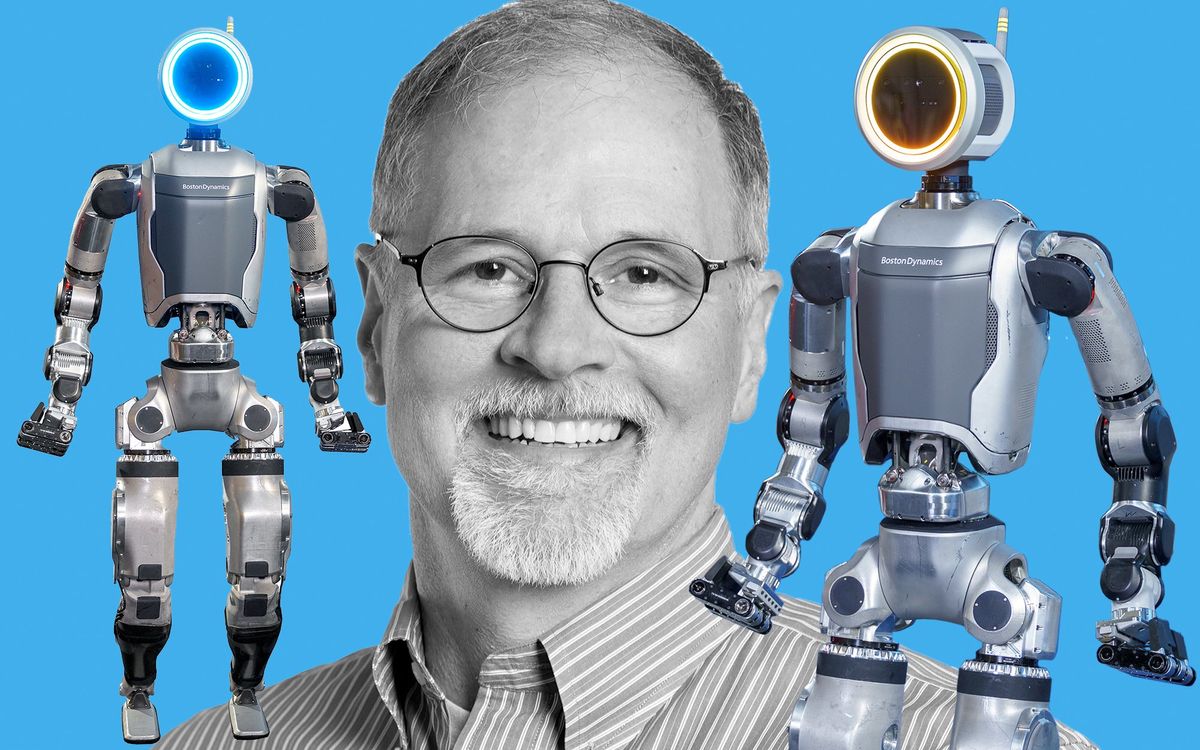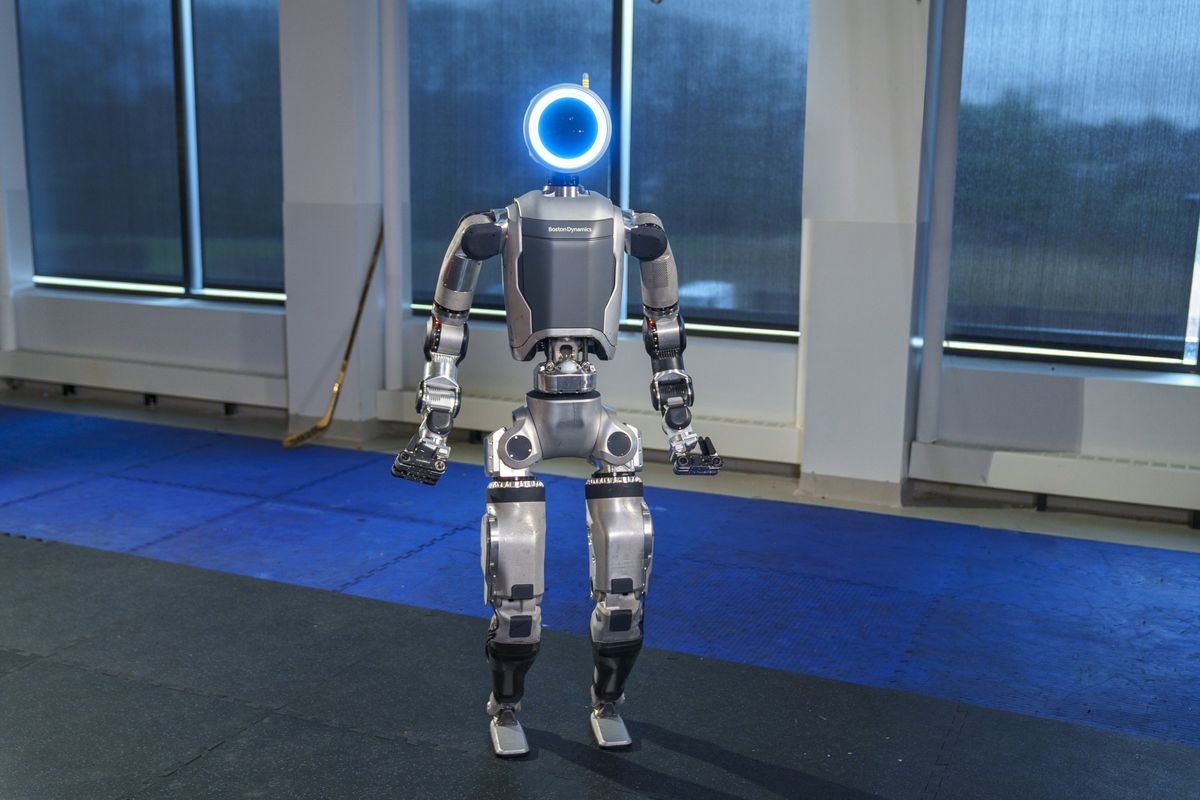Google’s self-driving car spinoff, Waymo, is charging a former employee, now at Uber, with stealing trade secrets by the gigabytes—claiming damages of at least US $500 million. What’s more, Waymo reconstructs the alleged crime in amazing detail, including an attempt by the main alleged perpetrator to cover his tracks.
Waymo says in a blog post that the secrets involve its lidar sensing system, the crown jewel in its self-driving design. Waymo recently announced home-designed lidar sets with overlapping ranges and functions, the first such system in the self-driving business.
“Recently, we received an unexpected email,” Waymo says. “One of our suppliers specializing in lidar components sent us an attachment (apparently inadvertently) of machine drawings of what was purported to be Uber’s lidar circuit board — except its design bore a striking resemblance to Waymo’s unique lidar design.”
And the chief thief, Waymo says, is Anthony Levandowski. Levandowski is listed as an inventor on many Google lidar patents, and Google’s acquisition of his startup, 510 Systems, was foundational to the self-driving car effort that became Waymo.
Soon after leaving Google, Levandowski founded Otto, a self-driving truck company that Uber bought for $680 million in August, a mere nine months after its launch.
Hmm. How did Levandowski build Otto to near-unicorn status in just nine months? Here’s Waymo’s answer:
“We found that six weeks before his resignation this former employee, Anthony Levandowski, downloaded over 14,000 highly confidential and proprietary design files for Waymo’s various hardware systems, including designs of Waymo’s lidar and circuit board,” Waymo’s blog says.
“To gain access to Waymo’s design server, Mr. Levandowski searched for and installed specialized software onto his company-issued laptop,” Waymo continues. “Once inside, he downloaded 9.7 GB of Waymo’s highly confidential files and trade secrets, including blueprints, design files and testing documentation. Then he connected an external drive to the laptop. Mr. Levandowski then wiped and reformatted the laptop in an attempt to erase forensic fingerprints.”
Gad, Holmes, how do you do it? Gosh, Uber, what’s your answer?
“We take the allegations made against Otto and Uber employees seriously and we will review this matter carefully,” an Uber spokeswoman said in an email sent out Thursday night.
So, for once we may have an huge, Silicon Valley kerfuffle over IP that doesn’t turn on a fine point of the law. In fact, if Waymo’s detailed allegations pass muster, it’d be more like a smoking gun, a bag of loot emblazoned with a dollar sign, and a full-motion video capture of the deed itself.
And the takeaway: not all apparent talent-poaching is really about talent.
In September, Sebastian Thrun, an ex-Googler who helped start up its car project, interpreted the Otto acquisition as just another case of recruitment en masse. “Uber has just bought a half-a-year-old company [Otto] with 70 employees for almost $700 million,” Thrun said, according to Recode. “If you look at GM, they spent $1 billion on its acquisition of Cruise. These are mostly talent acquisitions. The going rate for talent these days is $10 million.”
Okay, so maybe Cruise’s people are worth their weight in gold, or some other precious substance. But it could just be that the fat Otto purchase price all went for just one guy—and his external hard drive.
Philip E. Ross is a senior editor at IEEE Spectrum. His interests include transportation, energy storage, AI, and the economic aspects of technology. He has a master's degree in international affairs from Columbia University and another, in journalism, from the University of Michigan.



